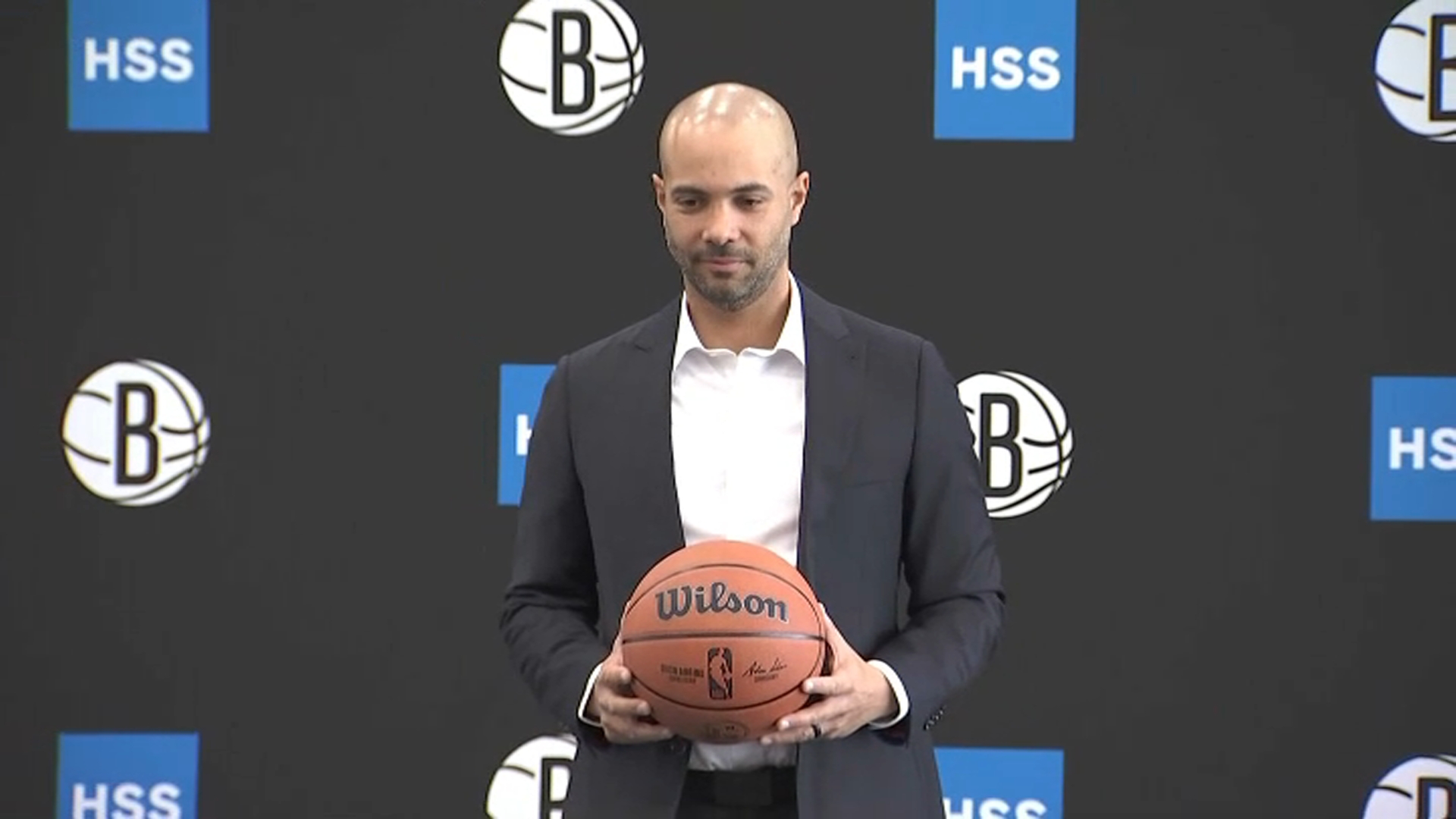What to Know
- Gov. Andrew Cuomo delivered his State of the State address Wednesday
- He outlined new initiatives aimed at preventing hate crimes and advocate for a list of progressive policies, including his latest proposal to legalize recreational marijuana
- Cuomo delivered his address at the Empire State Plaza Convention Center in downtown Albany to an audience of members of the Legislature and top politicians from around the state
New York Gov. Andrew Cuomo used his annual State of the State address Wednesday to outline new initiatives aimed at preventing hate crimes and advocate for a list of progressive policies, including his latest proposal to legalize recreational marijuana.
The third-term Democrat touted his biggest past achievements and trumpeted a long list of future policy initiatives that he said were practical and achievable, many of which he previewed in a series of announcements over the past month.
They include plans for expanding anti-discrimination protections in the state constitution, an overhaul for New York City's Penn Station, a proposed ban on foam food containers, another ban that would cover marketing flavored e-cigarettes to children, and initiatives intended to lower the cost of prescription drugs.
"New York at her best is the progressive capitol of the nation, and we must fulfill that destiny again this year," Cuomo said.
Cuomo delivered his address at the Empire State Plaza Convention Center in downtown Albany to an audience of members of the Legislature and top politicians from around the state. The speech kicked off a legislative session that runs through June 2.
Local
The governor's address comes as the state faces a string of violence targeting Jewish people, including an attack by a man who stormed inside Rabbi Chaim Rottenberg's Monsey home and stabbed five people at a Hanukkah celebration.
Rottenberg delivered a blessing before Cuomo's address and called for tolerance.
"I will never forget the horror of that night," Rottenberg said. "But I will also never forget how we continue to celebrate after that day, how we continue to rejoice in the miracle of Hanukkah. I will never forget the resilience on display that night and in the following days, the resilience of Jewish people and the resilience of New York."
Cuomo is proposing a new crime targeted at domestic terrorism and said New York would be the first state in the U.S. to enact such legislation. The new crime would apply to crimes in which at least one person died and victims were targeted by their race, religion and gender, among other topics.
Addressing Rottenberg, Cuomo said, "It is appalling and offensive what has happened, and this state will respond with its full might and breadth and capacity because what happened to you and your community is intolerable. We will not stand for it, and we will defend you."
New York at her best is the progressive capitol of the nation, and we must fulfill that destiny again this year.
New York Gov. Andrew Cuomo
In a policy briefing book that accompanied his speech, Cuomo said his proposal to legalize adult-use marijuana would limit the sale of cannabis products to adults over age 21. He called for strict quality and safety controls over packaging, labeling, advertising and testing of all cannabis products.
His similar proposal failed last year among disagreements over funding and hesitation from suburban Democratic senators. Lawmakers instead passed a law that scaled back penalties for individuals found to have small amounts of marijuana and created a process for expungement.
Cuomo has declared "Making Progress Happen" as his slogan for 2020. But any progress will have to come while the state is grappling with a budget gap fueled by soaring Medicaid costs. Debate over how to handle the shortfall is expected to color virtually every policy debate this year.
Hundreds of activists rallied in Albany for demonstrations on issues including more state funding to meet the state's ambitious climate change goals.
Cuomo has yet to share many details about his plans to address soaring costs of the Medicaid program, which serves over 6 million people. His administration on New Year's Eve announced cuts in the program's payments to health care facilities and providers that are expected to save Medicaid $124 million through April.
Details of how the administration plans to address the funding gap may have to wait for his budget proposal, expected in mid-January.
Cuomo has cautioned against overspending while pledging not to raise taxes. That budget-conscious message could clash with more left-leaning lawmakers and advocates who want to balance the budget with new taxes on the wealthy.
Republicans, who have seen their clout diminish in Albany, say they will hold down spending and resist new taxes.
Republicans are also expected to press the governor to address a mounting debate over whether the state should revisit bail reforms enacted just last year.
Some prosecutors and law enforcement officials have warned that the new rules, which prevent money bail and pretrial detention for a wide majority of low-level cases and nonviolent felonies, could lead to dangerous people being freed from jail while awaiting trial.
The political battle has intensified in the last week as New York judges have released people who would have remained behind bars under the old rules.
Cuomo and other Democrats have signaled they are open to making changes to the statute.
In his preview announcements over the past month, Cuomo has said his State of the State speech would include proposals to ban untraceable guns, study high speed rail, allow liquor sales in movie theaters, require the use of American-made steel and iron on infrastructure projects and ease rules for prosecuting sexual assault involving intoxicated victims, among other initiatives.
Assembly Speaker Carl Heastie, a Democrat, said lawmakers have their own priorities this year, including working to increase school aid, affordable housing, infrastructure, local businesses, rural hospitals and mental healthcare.



